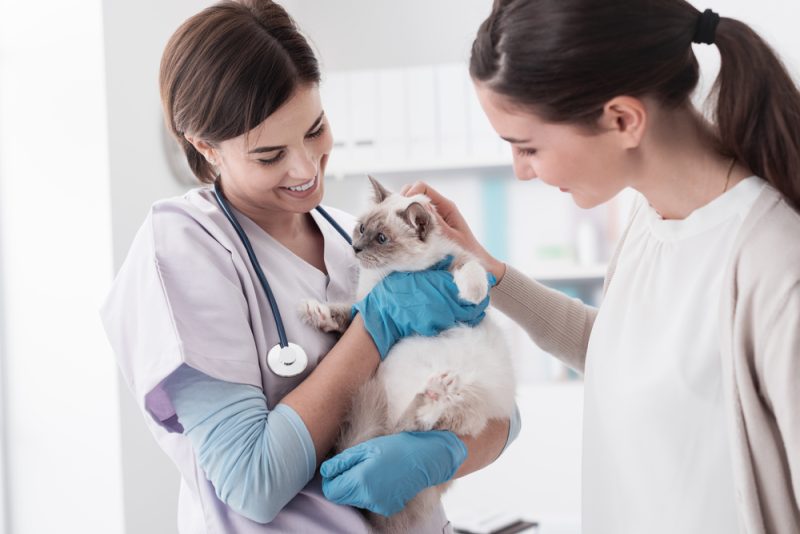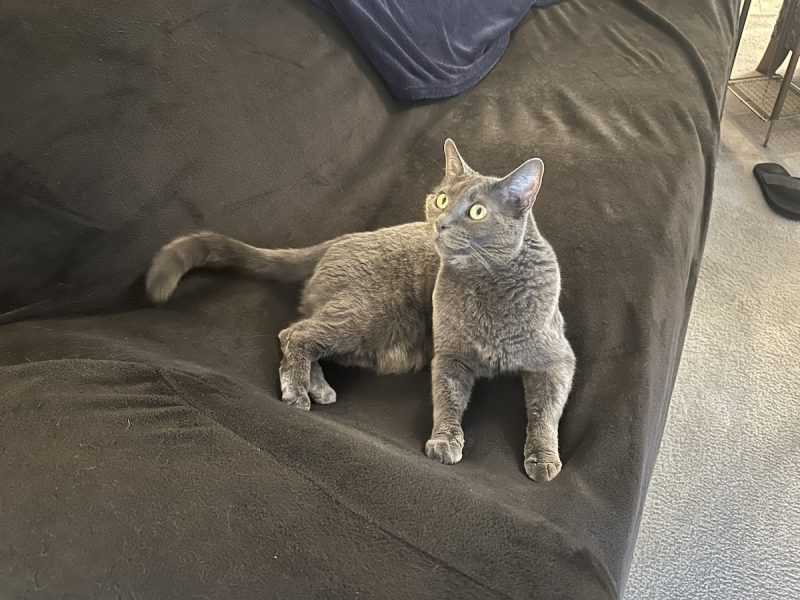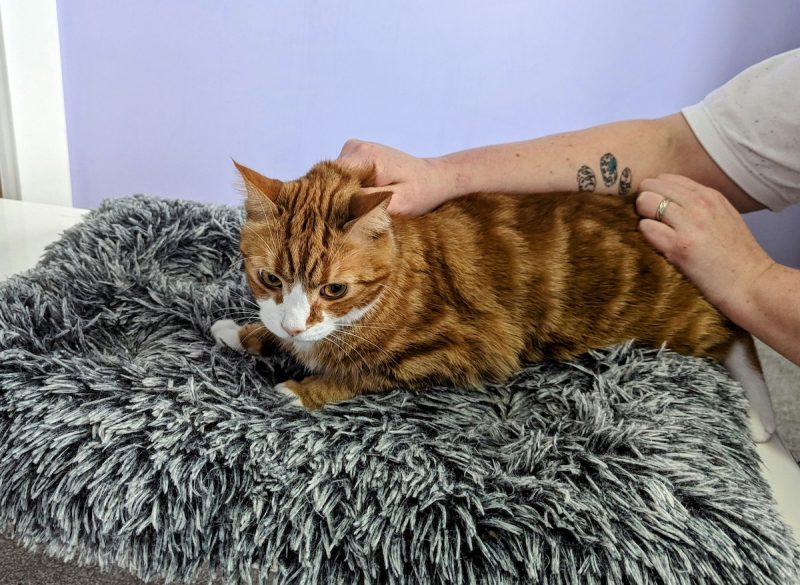Referrals & Second Opinions For Your Cat: Everything to Know

Have you ever gone to your own doctor, and they’ve said quite simply “I don’t know what is wrong with you.” Well, it happens with vets, too. Obviously, no one wants this to happen, but it can for a variety of reasons: the issue is outside a person’s area of expertise, the disease can mimic a variety of complicated issues and be difficult if not downright impossible to workup without specific advanced testing modalities, or sometimes, simply, the answers and right tests have not yet been invented.
In these situations in human medicine, you might elect to seek a second opinion from another doctor, or you might even be referred to a specialist. Did you know that this is also possible in veterinary medicine?
What Is a Referral?
In cats, as a vet, I’ve seen referrals and second opinions throughout my career. I’ve also sent patients of mine for a referral, or second opinions. So what are they? Does your cat need one? And how do you make the visit as successful as possible? Read on.
A primary veterinarian or general practitioner sees routine appointments, as well as appointments for ill cats. They give vaccines, prescribe medications, and do various surgeries. However, for patients who have multiple illnesses, or severe illnesses, or lots of clinical signs and no diagnosis, then they might get referred to another vet. If that vet is a specialist, then this is generally called a referral. This specialist can then proceed to do necessary diagnostics to try and identify the underlying issue and how to best treat it. Referrals must come through your own vet.
What is a Second Opinion?
Second opinions, however, can be seen by any vet—specialist or not. And they can be self-referred, meaning your vet does not need to direct the booking and appointment process. Second opinions in some countries mean that the new vet seeing your cat cannot do diagnostics or provide treatment- they simply review the case, and then give you feedback that you can take to your own vet.
Tips For Getting Referrals and Second Opinions
If you are thinking of getting a referral, or a second opinion, here’s how you can best go about booking this process:
- Ensure that your cat’s complete medical records, including imaging, lab results, and the medical history, have been sent in toto to the new vet. And, ensure this is done well in advance because often there is little or no time set aside on the day of the appointment to review what can sometimes be a very complicated history! In an ideal world, a week prior would be perfect, in my humble opinion!
- I’ll tell you a secret: honestly, we don’t mind if you want a referral or a second opinion! Many people I have worked with are afraid of retaliation from their vet, some to the point that they won’t even ask for their cat’s medical records to be sent beforehand. This only undermines the entire process, as it’s very difficult for me to give accurate information with only partial facts. And, I promise, we want the best for your cat, just like you do. If that means going to another clinic or vet, by all means, do so!
- Call the referral clinic a day or two ahead of your appointment. This confirms the appointment time and also acts as a reminder to them to obtain any further information from you or your vet that they might need beforehand.
- Arrive early for the referral or second opinion appointment. Often there is extra paperwork to fill out, or possible questions. And, the vet might even be able to see you early, if their schedule allows. Too, traveling to a new place can often mean new traffic hazards and other things that may slow down your travel. Better to arrive early, rather than late, and cut into your appointment time.
So next time you take your cat to your vet, and if the answer ever comes back with “I don’t know what is going on here” then know that you have options. Those can be scary words, but there is also light at the end of a second tunnel- it just might take a bit of extra time to get there!
- Read her previous article: Tiller’s Cup of Tea: It’s Not Everyone’s (Just Mine)







